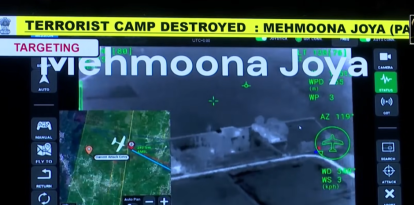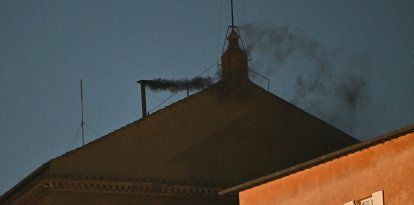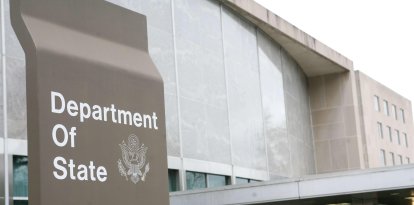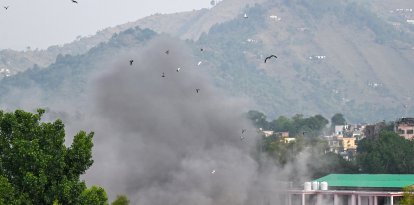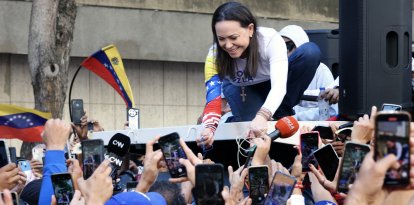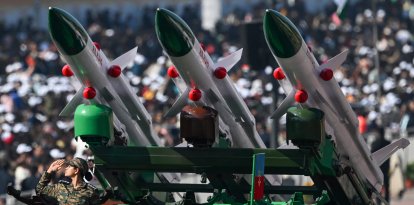Colombia: investigation reveals police complicity with several criminal gangs
Four officers from the Bogotá Metropolitan Police colluded with gangs like El Tren de Aragua in child prostitution activities and drug sales. The officers received monetary benefits.
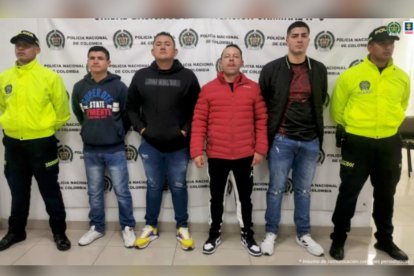
(Photo capture / Fiscalia.gov.co)
Some audios broadcasted by Noticias RCN reveal that some agents of the Metropolitan Police of Bogota (Colombia) were involved in criminal activities such as the sale of drugs, adulterated liquor and child prostitution, in exchange for receiving large sums of money from criminal gangs, among them El Tren de Aragua.
The recordings are the result of the so-called "shadow operation," an eight-month investigation carried out by the Sectional Prosecutor's Office of Bogota. In the report, the police identified officer Óscar Javier Vanegas and patrolmen Walder Antonio Orjuela Morales, Jairo Alexánder Pineda López, and Cristhian Fernando Molina Salas, who, in their law enforcement work were part of an Immediate Attention Command (Comando de Atención Inmediata -CAI) in the southwest of Bogota and in turn corroborated with criminal networks to obtain monetary benefits.
One of the investigators said that the officers, in addition to extorting traders, carried out fake raids to catch leaders of the Tren de Aragua, a Venezuelan criminal gang spread throughout South America and Florida, and then asked them for money to set them free.
Police colluded with criminal gangs
In one of the audios, one of the agents was heard telling his colleague how he confiscated 10 drug wrappers, paper envelopes containing powdered drugs, and kicked out the dealer who was selling these drugs from the area, because it was not convenient for them to have him working in that area:
In another recording, the police were exposed agreeing to allow members of the Tren de Aragua, among other criminal gangs, to sell drugs in exchange for bribes and monetary benefits from the sale of drugs.
Another excerpt revealed a woman mentioned as "la costeña" (the coastal woman), who was in charge of a drug sales point. The officers charged her an extortion fee of $10.50 (50,000 Colombian pesos) to allow her to "operate" in the area.
According to the attorney general's office, the conversations proved that the uniformed officers were indeed involved with criminal gangs. They would charge criminals to let them get away with selling drugs. In addition, they avoided working in certain areas of the city in order to let the gangs work "in peace."
RECOMMENDATION
